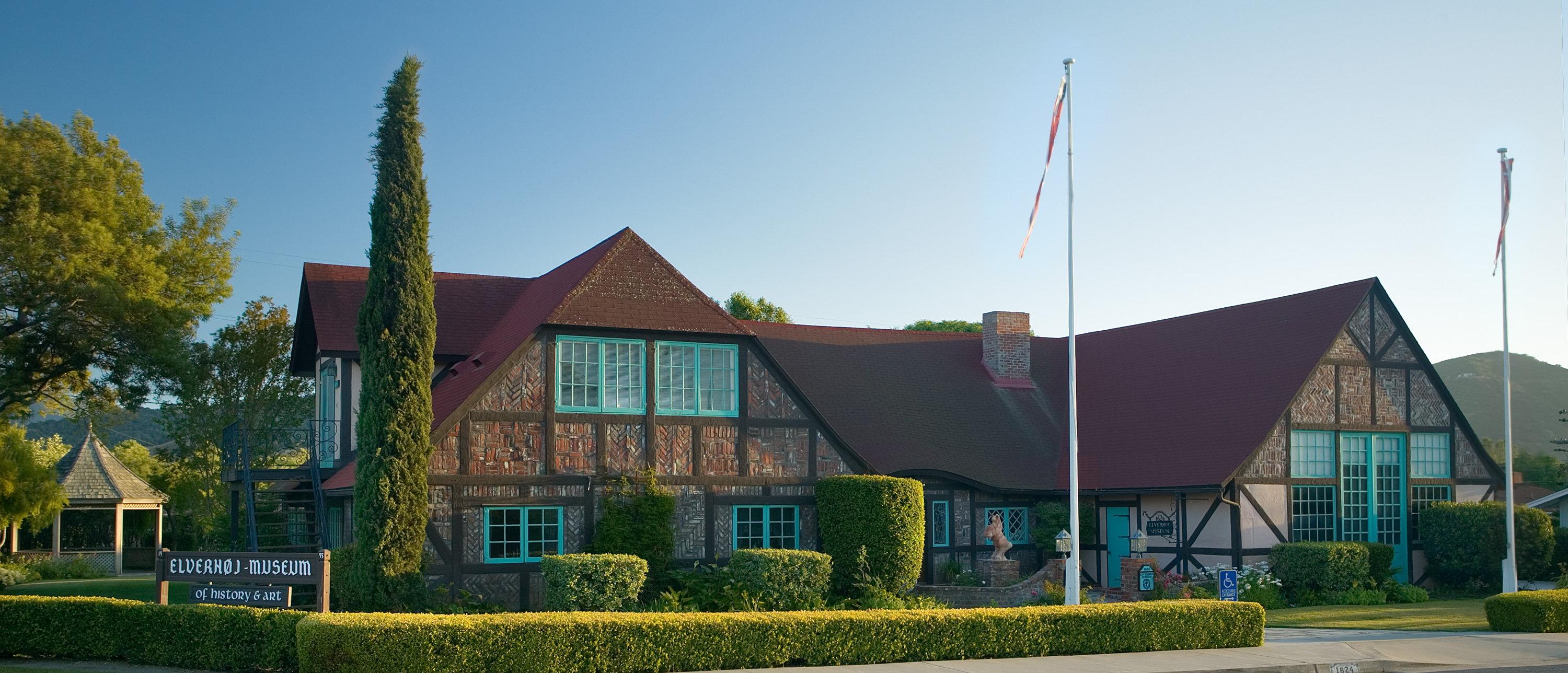October is designated as Domestic Violence Awareness month and although there may be many here who do not think such violence occurs here and others who do not want to discuss such “sordid” matters, those are the very reasons that Congress designated this month to hold such public discourse. Domestic violence continues to live in the shadows and because of this phenomenon continues to be epidemic in this country.
The Center for Disease Control (CDC) reports that one in three women and one and four men can expect to be a victim of domestic violence during their lifetimes. Since 2001, Santa Ynez Valley People Helping People’s Advocates for Domestic and Child Abuse Prevention Program (ADCAP) has provided domestic violence intervention and prevention services to over 2,500 women and children.
Even more hidden is the violence that occurs between teens in relationships. According to the CDC, “teen relationship violence is defined as the physical, sexual, psychological, or emotional violence within a dating relationship, including stalking. It can occur in person or electronically and might occur between a current or former dating partner.” The CDC reports that 22% of women first experience some form of partner violence when they are between the ages of 11 and 17. And, yes, this abuse also happens right here in our own back yard. Consider the following case history.
Santa Ynez Valley People Helping People’s (PHP’s) Domestic Violence Prevention Advocate first met with “Katie” when she was a senior at the local high school. As seniors prepared for graduation, in a campus classroom, Katie recounted numerous incidents of physical abuse at the hands of her boyfriend. Katie expressed how she felt trapped in the relationship and was afraid to leave. Although she had many friends and was close to her parents, she was afraid to share her experience for fear of being judged and blamed. She repeatedly said, “It is not that easy, when you are threatened.” Katie received information from PHP about healthy relationships, support to let her know that the abuse was not her fault, and safe options available to leave the relationship. However, she was not able to immediately extricate herself from the unhealthy relationship. PHP staff remained in contact with Katie over a period of months to bolster her emotional-wellbeing and finally, Katie was able to move on.
Four years later, PHP received a call from Katie to request mental health services. She shared that she had never fully recovered from the abuse. Katie became a single-parent to a 5-year-old daughter. She had experienced symptoms of depression and anxiety which impacted her ability to parent her child. The child shows signs of developmental delays and has learning challenges at school.
Katie’s experience and current health status mirrors the findings of the CDC on the lasting impacts of teen dating violence and abuse. “Teen dating violence can have long term health effects and survivors are more likely to engage in unhealthy behaviors such as alcohol and drug abuse, or develop mental health issues.”
The availability of local Intervention services, such as those available from PHP, is critical to breaking the cycle of violence. However, PHP’s ultimate goal is to prevent abuse before it starts. Mayra M. Ramos, Chief Program Officer of PHP’s Advocates for Domestic and Child Abuse Prevention (ADCAP), states that, “dating emotional abuse and violence is more prevalent than we think and often takes the form bullying via social media. By having open and honest conversations with our teens, we help create a culture of communication that can help prevent dating violence or domestic violence later in life.”
The Advocates for Domestic & Child Abuse Prevention Program (ADCAP) is a program of People Helping People, a 501 c-3 non-profit organization dedicated to “improving the lives of men, women and children in the communities it serves by addressing emergency and basic needs, furnishing comprehensive integrated family and individual support services, and acting as a catalyst for positive community change. To learn more about ADCAP and its 2 hour emergency response team a other PHP services, please visit the PHP web site at www.syvphp.org or call 686-0295. If you are interested in volunteering for PHP’s domestic violence emergency response team or wish confidential information, please call Mayra at (805) 588-2495 for more information.






